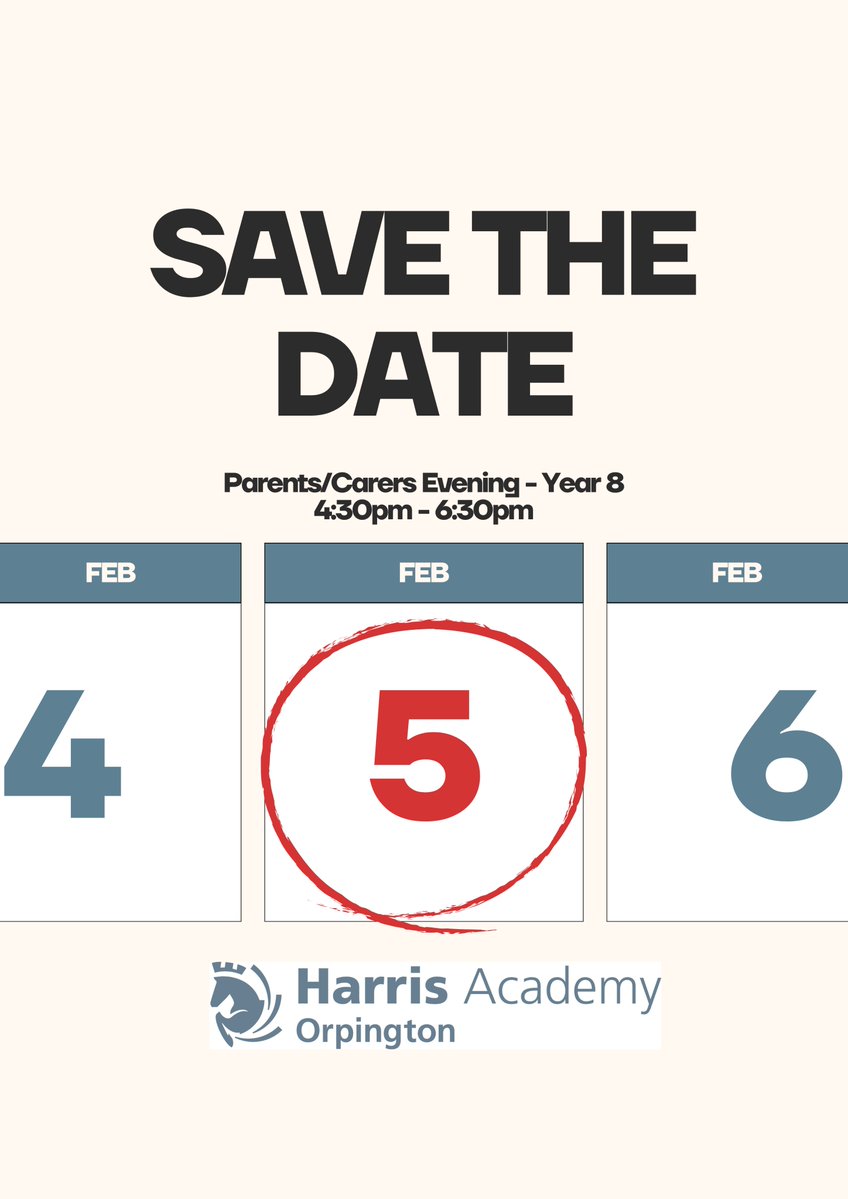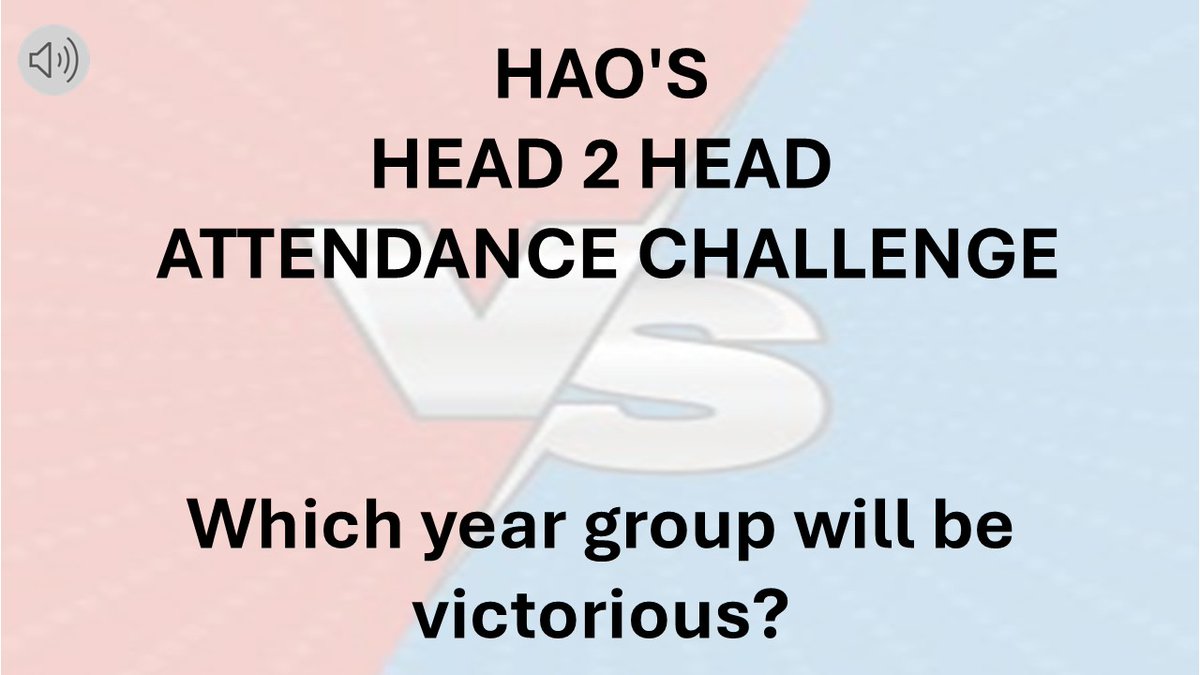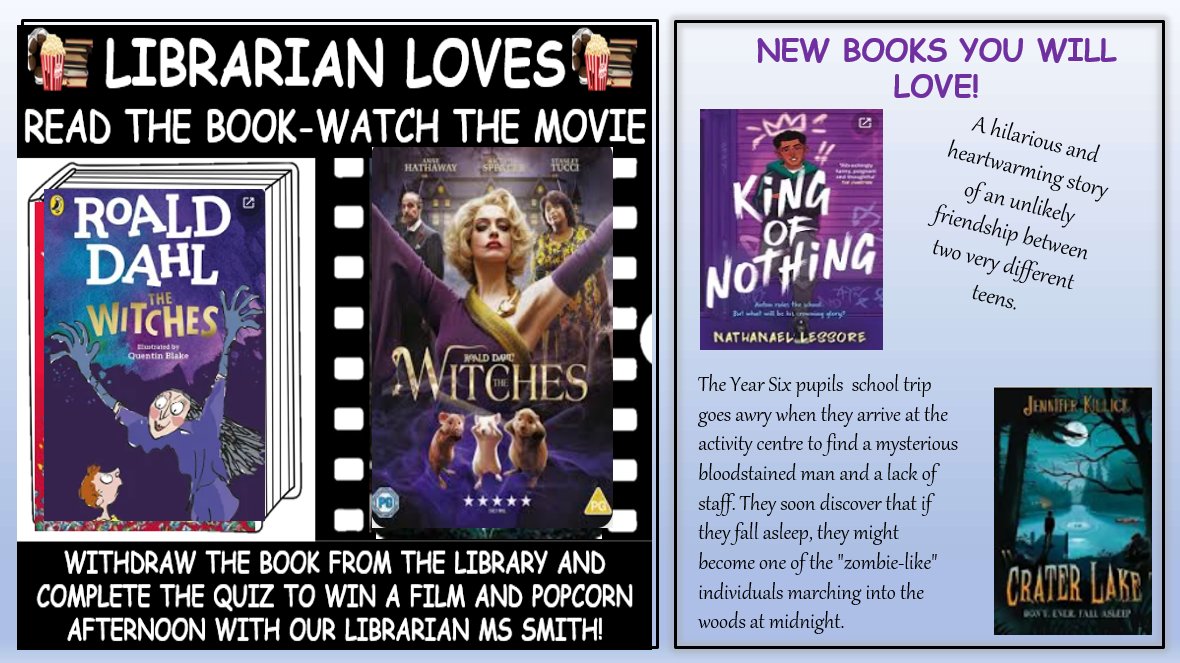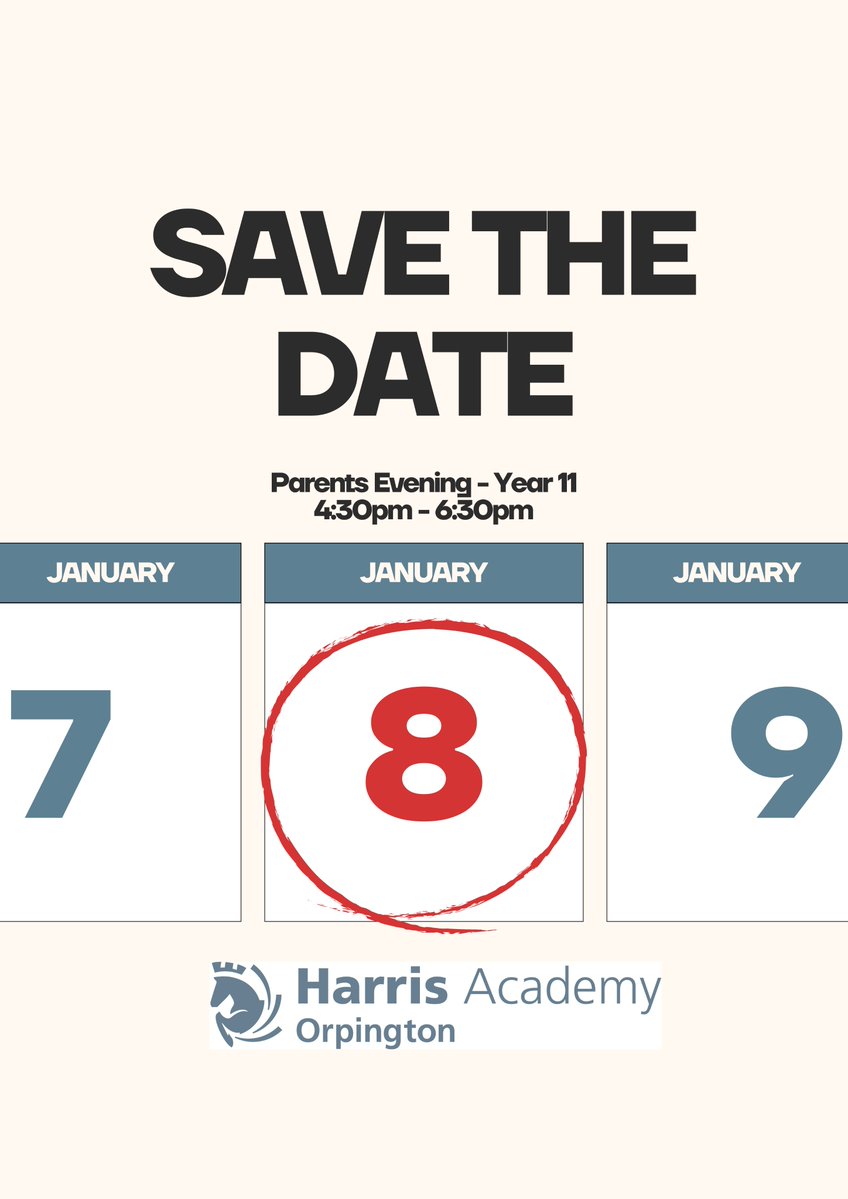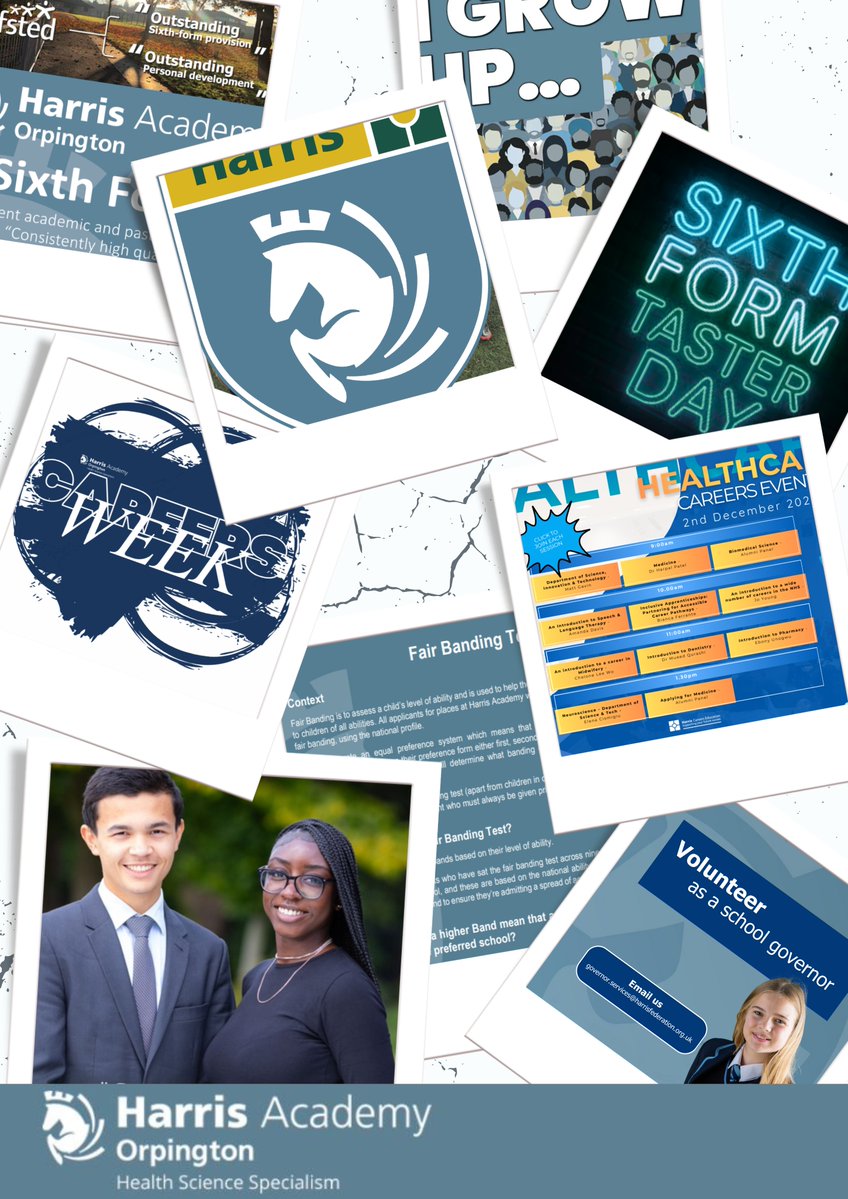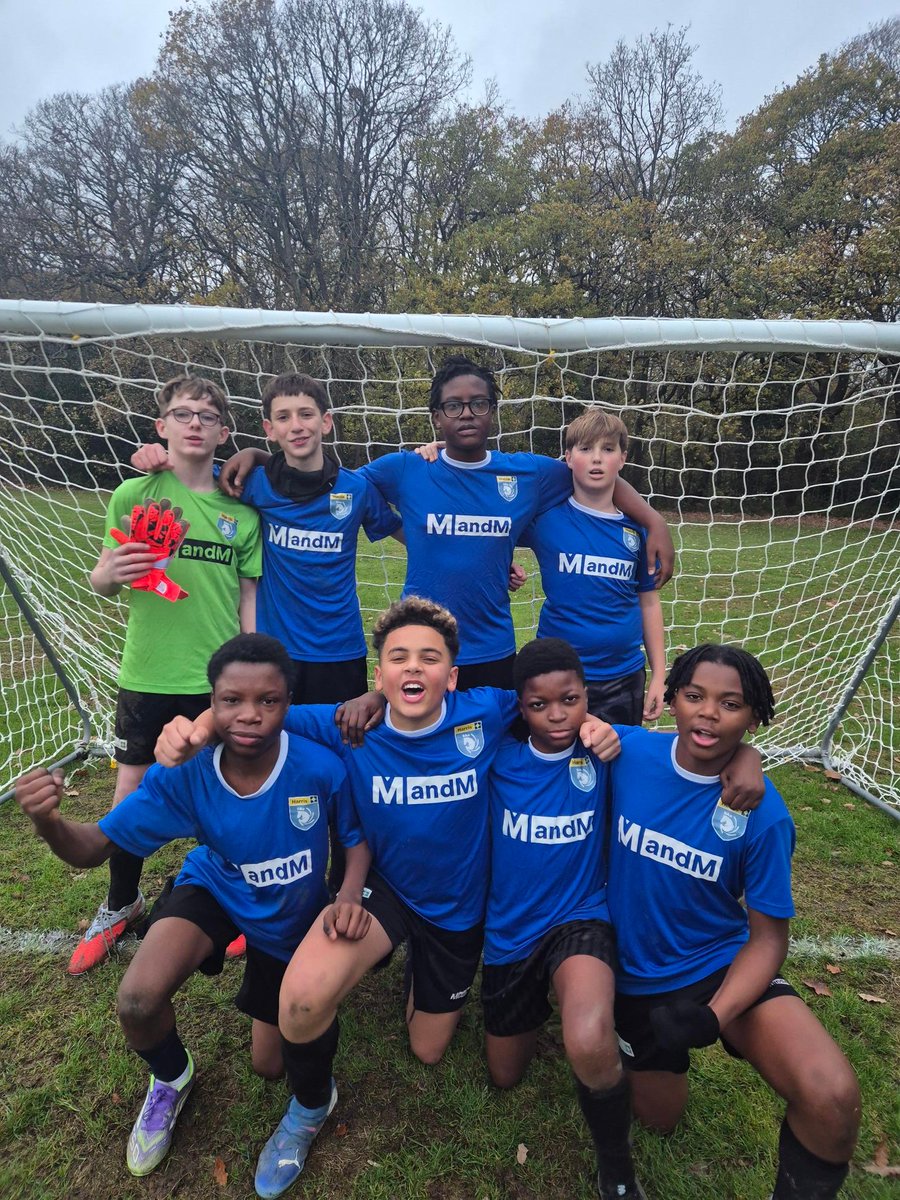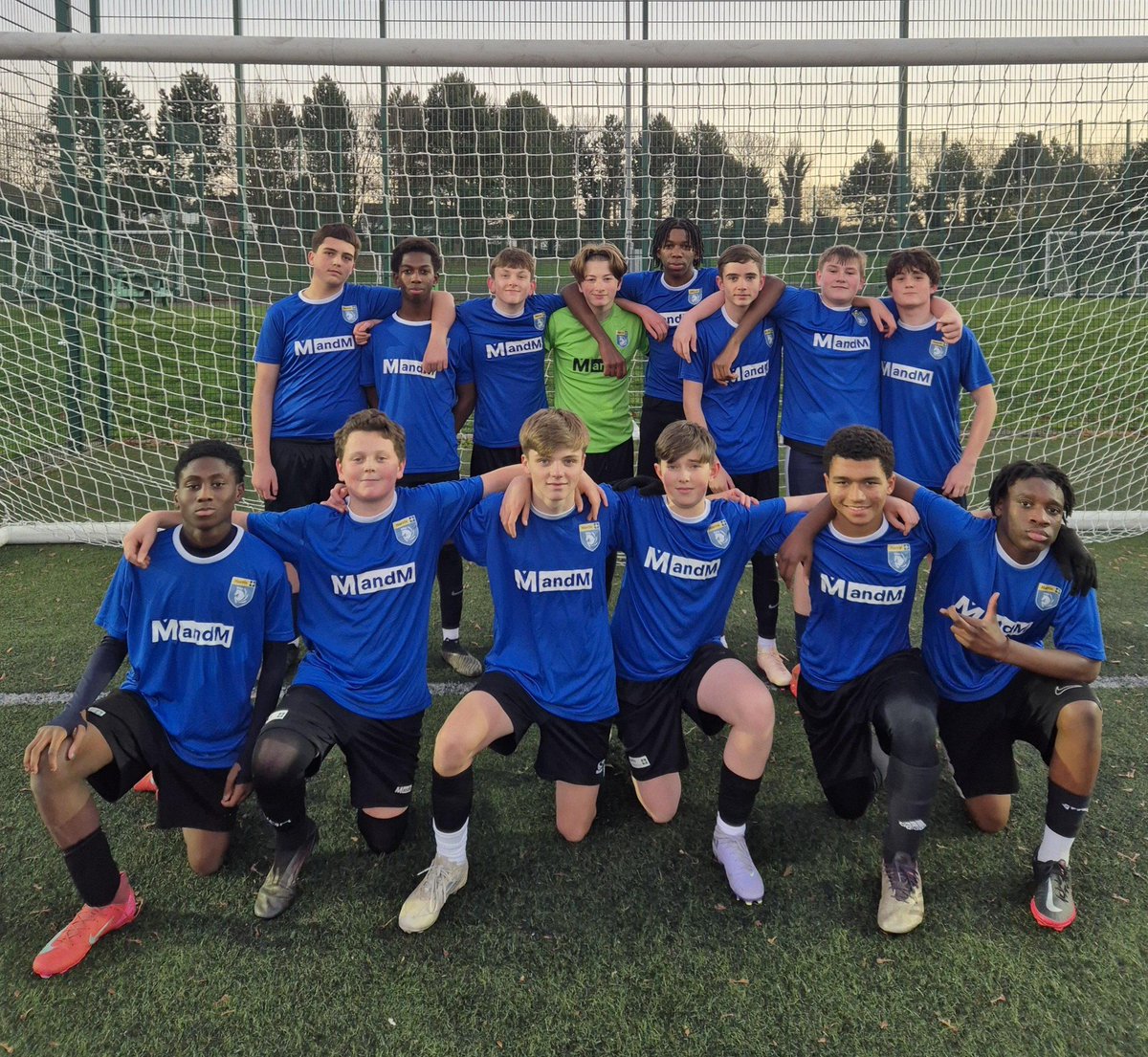Modern Foreign Languages
The unique value of an apprenticeship in a foreign language is that it takes learners on a voyage of discovery. It challenges parochialism and invites us to question – opening our hearts and minds to the real challenges of difference.
Through learning French or Spanish:
- We want our students to understand that learning a language provides an open road to the world and a vehicle for overcoming educational disadvantage
- We are keen to promote our students’ curiosity and deepen their understanding of different countries’ people, culture, history, literature and arts
- We want to challenge students to consider their own identity and place in the world and to appreciate and empathise with different ways of seeing the world.
Our aim is to equip students with the confidence, language and grammatical foundations that allow them to express their ideas and opinions, to seek information and to respond to speakers of the language across the skills of listening, speaking, reading and writing.
Finally, we believe that by developing students’ linguistic, communicative and intercultural skills, we will foster rounded individuals ready for lifelong language learning and entry into a global, more cooperative and more peaceful world.
Finally, as a team of native and near-native speakers working alongside the Federation network of MFL consultants, we are constantly reviewing and developing our curriculum with the aim of giving our students the best language-learning experience possible. Our most recent updates and ongoing work is focusing on the inclusion of more explicit interleaving and recycling of high frequency, transferrable language over the course of Year 7 to Year 11 and the systematic inclusion of content with “meanings that matter”, cultural and extra-curricular opportunities.
What is the intention of the curriculum?
We aim to equip students with the confidence, lexicon and grammatical foundations that allow them to express their ideas and opinions, to seek information and to respond to speakers of the language across the skills of listening, speaking, reading and writing.
We believe it is a moral duty, beyond the specific requirements of any curriculum, to allow students the opportunity to learn another language and learn about its associated culture. We feel this is particularly pressing at a time of increasing apparent polarisation at national and global levels.
The benefits of learning a language are manifold and very well documented. The LLAS (The Languages Linguistics Area Studies) has given no less than 700 reasons for studying languages. We strive to communicate these reasons to our students both explicitly and implicitly through our curriculum and passionate, enthusiastic teachers.
As such, we believe whatever their level of achievement, the vast majority of young people should study a modern foreign language up to the age of 16 and take a GCSE in it.
How will this be implemented?
At Harris Academy Orpington, students have three weekly lessons of 40 minutes, some being double at Key Stage 4. This allows for better progress, in-depth teaching and consolidation. It also helps students develop greater confidence and be able to explore more intellectually stimulating and culturally-rich content.
We do believe that a two-year GCSE curriculum, with clear transition in Year 9, gives increased ownership and curriculum time, better preparing students for continued engagement, enjoyment and success in their language learning.
This two-year approach allows us to revisit foundational knowledge, skills and concepts from Year 7 and Year 8 in Year 9, before gradually building towards the demands of the new GCSE in an age-appropriate manner in Year 10 and Year 11. For example, the beginning of Year 9 revisits basic grammar and the familiar topics of describing yourself, family and friends (French)/holidays (Spanish). This transitional approach also allows students to be taught in much greater depth and at an appropriate pace, with less explicit GCSE pressure. As such, a typical unit will be covered in a full term rather than a half term. Our experience is that teachers and students alike prefer and benefit from this “depth not breadth” approach. This also opens up curriculum time for the exploration of additional, culturally-enriching content (eg projects on different countries, including cultural events such as the Tour de France and poetry).
Our Year 9 assessments mirror this transitional approach to GCSE, with the inclusion of basic grammar papers, age-appropriate (tiered) papers with foundational access questions, the inclusion of questions from Year 7 and Year 8 and year group (not Key Stage) indicative content in mark schemes.
It is our aspiration that the vast majority of students take a GCSE in MFL.
Whilst we do not advocate textbook-only teaching, we have deliberately partially based our curricula around what we believe to be the best textbook courses currently available. This is a structural decision, taken in light of “the fact that high quality textbooks support both teachers and pupils – they free teachers up to concentrate on refining pedagogy and developing engaging, effective learning”. There are parts of languages courses for which we do not need to reinvent the wheel.
Each year of study is based around three themes, with one theme and usually five sub-topics per term. Three years ago, we decided as a team to move at a slower pace in terms of content and go deeper and recycle concepts, high frequency words, transferrable language, grammar and skills.
As is evident from the concept mapping in section 2), we aim to have students revisit familiar topics in order to consolidate language, whilst always pushing linguistically and intellectually deeper into both content and concepts. This results in a familiarity upon which students can build with confidence whilst also providing new, stimulating and related content and ideas.
Our schemes of work have feedback weeks built into them post-assessments as well as “gap weeks” (usually in the summer term) where we develop project work or design units of work to enhance our students’ understanding of French speaking and Hispanic cultures.
French


Spanish


How will we judge the impact of this curriculum?
In Years 7-10, two MFL assessment cycles combine a student’s work equally across the cycle, with the equal weightings of all 5 areas as below:
- Core Knowledge / Grammar – 20%
- Listening – 20%
- Reading – 20%
- Speaking – 20%
- Writing – 20%
In Year 11, we conduct two sets of mock exams in listening, reading, writing and speaking using materials from AQA. Students also have the opportunity to attend targeted intervention where the focus is placed on speaking preparation and exam techniques.
At Harris Academy Orpington, we use the Federation assessments which test a good spread of the domain that has been taught recently, as well as that of prior learning. This is especially important given the incremental nature of language learning. As such, a select number of questions per each assessment will be on learning from prior cycles or year groups.
To challenge our most able students, we include a reading question which will also come from outside the domain of the themes taught and/or from literature to have students practise tackling unfamiliar language and develop their comprehension strategies.
We have chosen to explicitly test grammar and core knowledge (e.g. subject pronouns, grammatical terminology) in the service of ultimately facilitating communicative competence. We see automatised knowledge of, for example, subject pronouns, key verb infinitives, auxiliary verbs, opinion structures and conjunctions as akin to the times tables in Mathematics. Students need this knowledge in long-term memory in order to progress and flourish as confident linguists. Without this knowledge, students will continually encounter barriers in their language learning.
We do not use levels with students because of their problematic nature in representing learning as linear and for the reasons they have been removed nationally. We talk with and report to students in terms of % scores and raw scores /30 per paper, tightly linked to the content and concepts they are learning. This allows them to better see gaps and take concrete actions for improvement following guidance from their teacher. It also better orientates conversations between teachers and students around language and not around abstract notions of levels and sublevels. Marking /30 per assessment gives a degree of comparability and consistency across year groups for both staff and students.
Ultimately, teacher assessment is also used to ensure that the curriculum is being delivered in an impactful way. MFL teachers at Harris Orpington frequently use formative assessment strategies to reflect on whether students know more, and are able to understand, remember and produce increasingly complex language. This stems from content and concepts from earlier in the course as well as those they have most recently studied. The gaps and challenges identified are at the forefront of the teachers’ mind in their subsequent planning.
